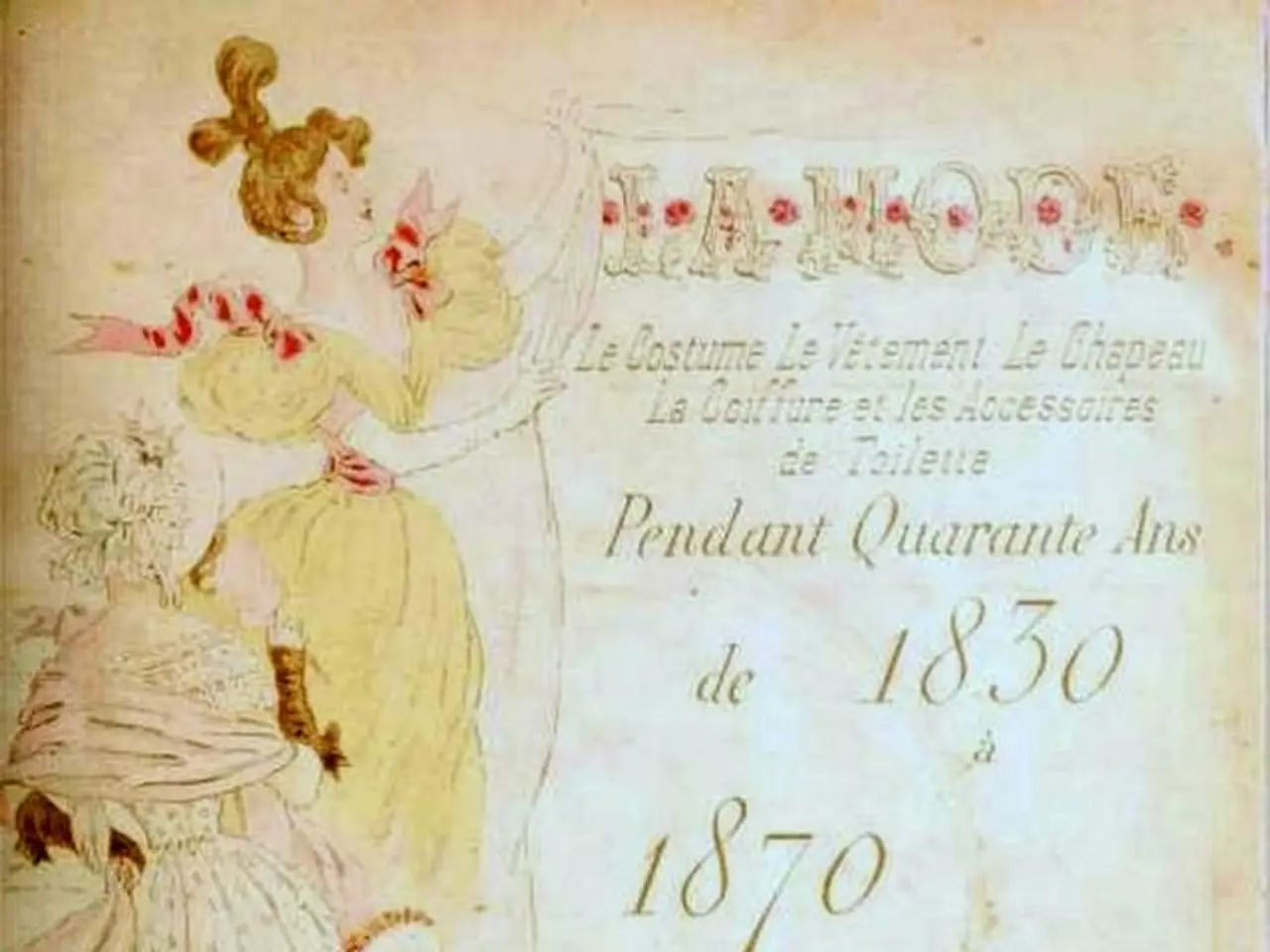Improved fertility methods bring potential for reversing UAE's decreasing birth rate trend
In a remarkable medical triumph, an Emirati woman named Hussa, aged 42, has given birth to a healthy baby boy following a series of innovative treatments at the Art Fertility Clinic in Abu Dhabi. This success story highlights the latest advancements in personalized medical care for infertility treatment, which are revolutionizing the field.
Fertility rates around the globe are declining, with countries like Oman, Saudi Arabia, Qatar, India, and South Korea experiencing a significant drop in birth rates over the past few decades. In Oman, the average number of babies per woman fell from six in 1995 to four in 2016. In Saudi Arabia, it dropped from 3.6 in 2004 to 2.4 in 2016, and from 4.4 in 1997 to 3.2 in 2015 in Qatar. Similarly, India's fertility rate has dropped from five to two births per woman since the 1970s, and South Korea's rate has plummeted to less than one in 2023.
Hussa's journey to motherhood was not without its challenges. She underwent an intracytoplasmic sperm injection using frozen sperm from the Micro-TESE procedure, a five-month course of Decapeptyl 3.75 and Letrozole, two drugs used for breast cancer, and a new technique to remove her eggs at a smaller growth stage than usual. Tragically, Hussa lost her first pregnancy during the pandemic due to catching Covid-19.
However, Hussa's resilience and the clinic's innovative approach paid off. Preimplantation genetic testing for aneuploidy was conducted on the resulting embryos, and a second attempt at the procedure proved successful, resulting in the birth of a healthy baby boy five months ago.
Dr Fatemi, the leading fertility specialist who treated Hussa, attributes the high prevalence of infertility in the Gulf to environmental and lifestyle factors, such as lack of sun exposure leading to a decline of vitamin D, consanguinity, obesity, and elective C-sections reducing the receptivity of the uterus.
The success of Hussa's treatment at Art Fertility Clinic in Abu Dhabi is a testament to the forefront of infertility treatment in 2025. The clinic's personalized and adaptable treatment protocols, which include comprehensive molecular diagnostics, utilization of AI to select the highest quality embryos, and application of novel stimulation or activation protocols for ovarian function enhancement, exemplify this cutting-edge approach.
Hussa, who emphasized the importance of family in her culture and stated that a small family is more than enough for her, expressed her gratitude to Dr Fatemi for giving her the energy to continue trying for a pregnancy despite the challenges. She encourages other struggling couples to be patient, as good results can be achieved with persistence.
Sources:
- Personalized medicine in reproductive health: The future of fertility treatment
- Artificial Intelligence in Assisted Reproductive Technology
- Innovative approaches to poor ovarian response and premature ovarian insufficiency
- Advanced sperm selection techniques, ovarian stimulation protocols, and endometrial preparation for individualized care in infertility treatment
- Large-scale, high-quality patient data registries for personalized treatment efficacy in infertility
- UN's World Fertility Report 2024
- The world is witnessing a decline in fertility rates, with countries like Oman, Saudi Arabia, Qatar, India, and South Korea seeing significant drops in birth rates.
- In 2025, the Art Fertility Clinic in Abu Dhabi made headlines with a remarkable medical triumph, as an Emirati woman named Hussa gave birth to a healthy baby boy following innovative treatments.
- Hussa's journey to motherhood was fraught with challenges, involving intricate medical procedures and the loss of her first pregnancy due to Covid-19.
- Despite these obstacles, Hussa's resilience and the clinic's innovative approach led to a successful second attempt, resulting in the birth of a healthy baby boy five months ago.
- Dr Fatemi, the fertility specialist who treated Hussa, attributes the high prevalence of infertility in the Gulf to environmental and lifestyle factors, such as lack of sun exposure, consanguinity, obesity, and elective C-sections.
- The clinic's personalized and adaptable treatment protocols, which include molecular diagnostics, AI for embryo selection, and novel stimulation or activation protocols for ovarian function enhancement, are revolutionizing the field of infertility treatment.
- Hussa, a strong advocate for family health, expressed her gratitude to Dr Fatemi and encouraged other struggling couples to be patient, as good results can be achieved with persistence.
- In the realm of reproductive health, personalized medicine, AI in Assisted Reproductive Technology, innovative approaches to poor ovarian response, advanced sperm selection techniques, and large-scale patient data registries are shaping the future of fertility treatment.
- The United Nations' World Fertility Report 2024 provides a comprehensive analysis of global fertility trends, offering insights into factors influencing birth rates and the evolution of family health and wellness, especially in the context of chronic diseases and women's and men's health.




